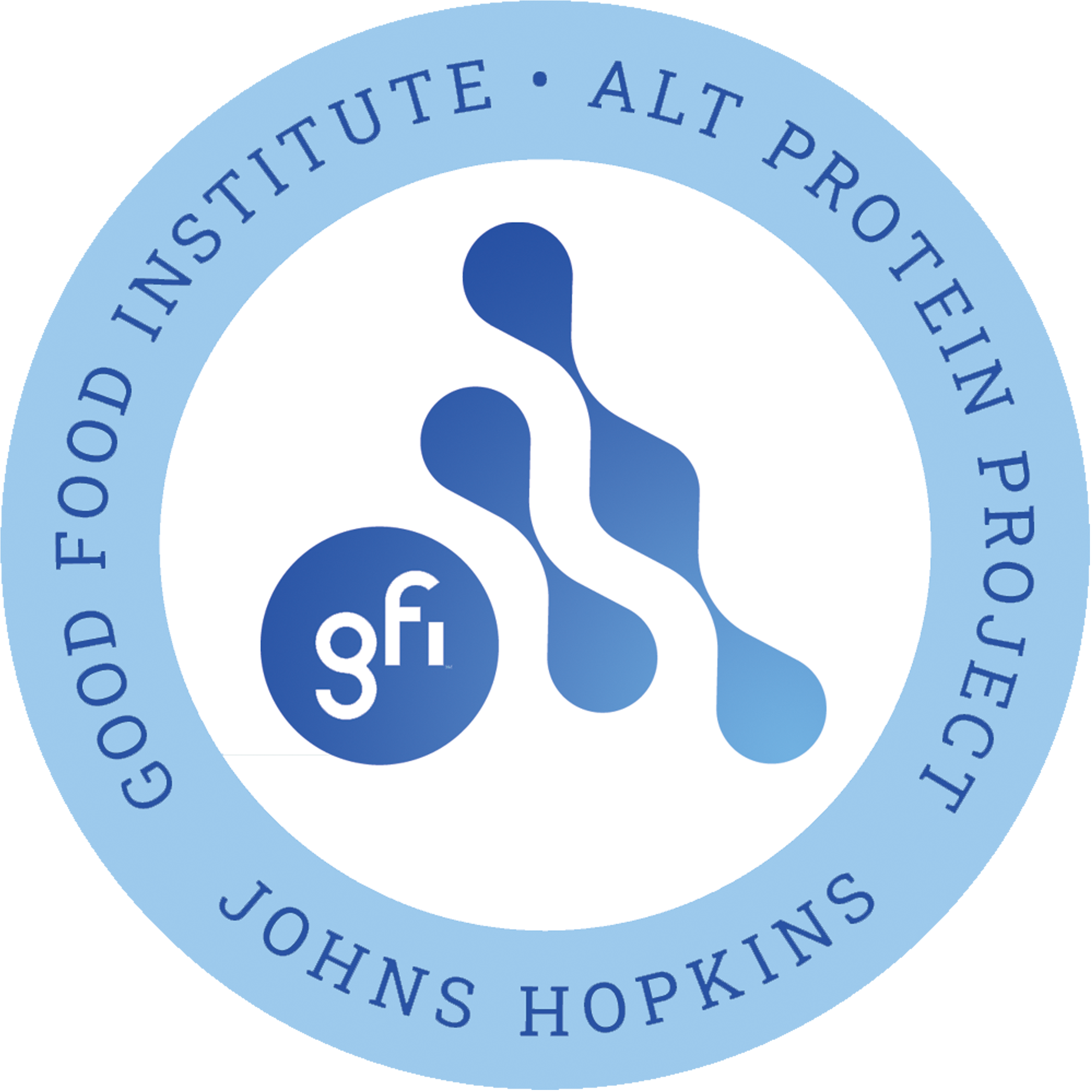The Johns Hopkins Institute for Planetary Health collaborates with a range of student-led groups focused on Planetary Health across JHU. Get involved and contribute to transformative work on campus and beyond.
Planetary Health Student Group
The Planetary Health Student Club provides an inclusive space for undergraduate students passionate about the interconnected nature of human and environmental health. The club serves as a unifying platform for existing health- and environment-related student organizations, while also acting as a dynamic hub for interdisciplinary collaboration, learning, and action across the Hopkins campus.
More information coming soon!
Planetary Health Interest Group
The Planetary Health Interest Group (PHIG) is a student-led organization at the School of Medicine dedicated to Planetary Health and sustainability. Open to all medical students. For more information, reach out to [email protected].
Alternative Protein Project at Johns Hopkins
The Alternative Protein Project at Johns Hopkins (APPJH) strives to advance alternative protein technology by fostering a diverse, interdisciplinary community dedicated to promoting nutritious, sustainable, and equitable food systems through research, education, and entrepreneurship. We are a coalition of engineers, scientists, policy makers, entrepreneurs, writers, and other young professionals who are interested in changing the world of food through alternative proteins.

Johns Hopkins Science Policy and Diplomacy Hub
The JHU Science Diplomacy Hub is based at the Hopkins Bloomberg Center in Washington, D.C. and held the inaugural Science Diplomacy Summit in April 2024 to highlight the important work of scientists, diplomats, and others who are building transnational ties around issues in science. The two-day event attracted more than 700 attendees from 25 countries. There is enthusiasm to work in partnership to hold two to three Science Diplomacy Summits per year that explore and advocate for Planetary Health approaches to address negotiations related to the Convention on Biological Diversity, the United Nations Framework Convention on Climate Change, and the Pandemic Agreement. These events may be held with partners such as the United Nations Development Program, the World Health Organization and other international organizations, and the Planetary Health Alliance.
Johns Hopkins Planetary Health Media Club
JHU’s representative “campus ambassador” with the Planetary Health Alliance is creating a Planetary Health journal and media club at JHU to expose the JHU community to topics central to Planetary Health research, education, and practice, such as food systems, biodiversity loss, urban design, mass migration, among others. In FY25-FY26, JHU’s PHA Campus Ambassador will offer free events to mainstream Planetary Health concepts through peer-reviewed journal articles, nonfiction or realistic fiction books, artistic or musical contributions, published personal testimonies, and grey literature.

